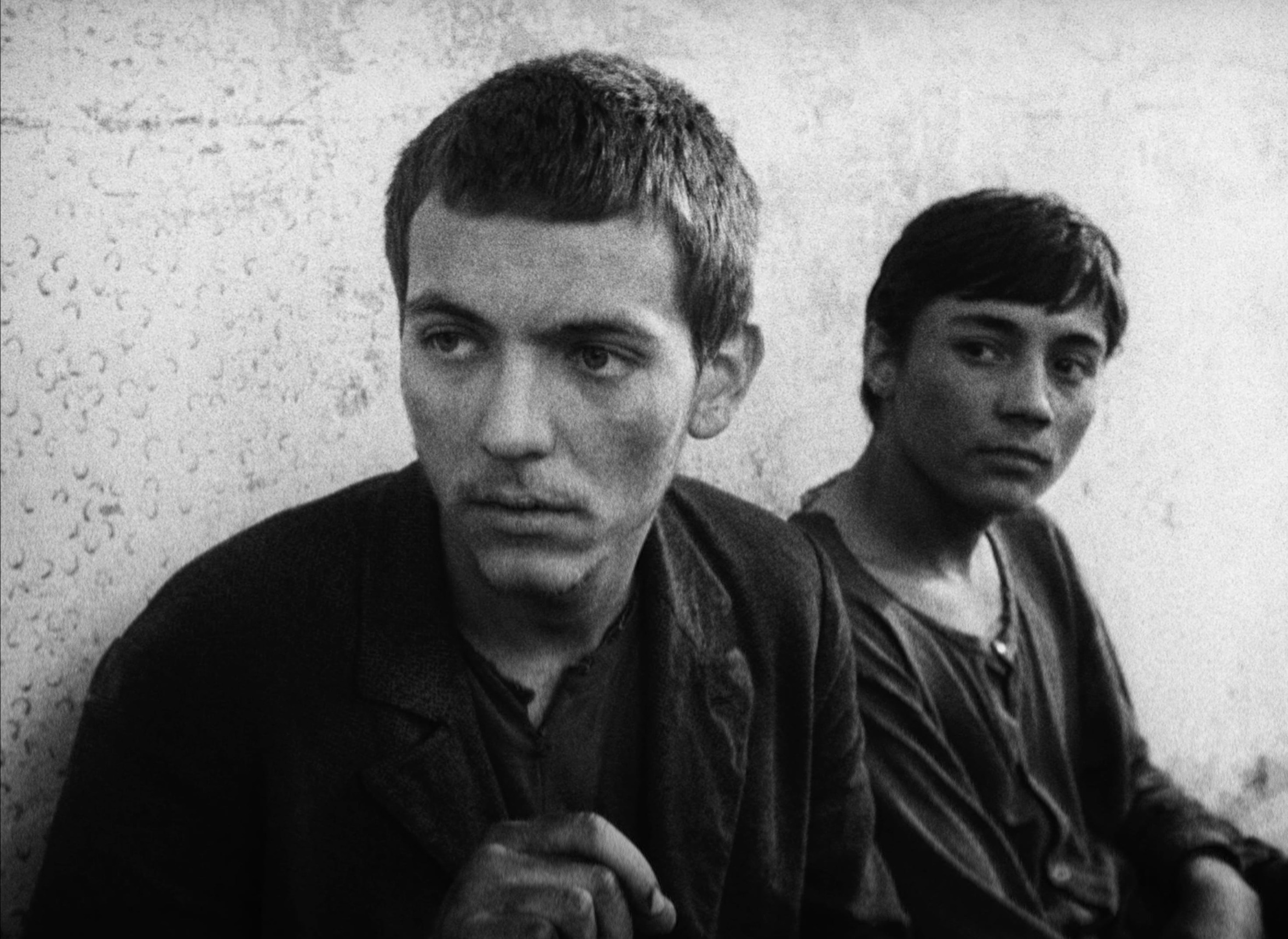RELATED ARTICLE
Daisies: Giggling Generals; One and Two
By Carmen Gray
The Criterion Collection

The 1960s saw a remarkable cinematic renaissance in what was then called Czechoslovakia, and Ester Krumbachová was its renaissance woman. Combining the talents of costume, set, and prop designer, screenwriter, and director, Krumbachová contributed to many of the greatest films of the Czechoslovak New Wave, including Daisies (1966), A Report on the Party and Guests (1966), Witchhammer (1970), and Valerie and Her Week of Wonders (1970). Though these films have long been celebrated for their anarchic imagination and bold political critiques, the woman who perhaps most fully embodied their inventive spirit and sharp moral viewpoint remains all too little appreciated.
Krumbachová has been feted as the “queen of Czech film design” and “the muse of the Czechoslovak New Wave.” But even these descriptions fall far short of her real achievements. Unbelievably prolific though she was, her feature-film output includes only one official directing credit—the underrated The Murder of Mr. Devil (1970)—and thus her stature has suffered from the auteurist privileging of the director’s role above all others. It doesn’t help that she frequently contributed to films in the critically marginalized role of costume designer, or as an unofficial script advisor, her actual input often significantly exceeding her on-screen credit. Nonetheless, the marks of Krumbachová’s participation are highly visible throughout New Wave cinema, her sensibility a distinctive mix of enchantment and disillusion, sensuousness and seriousness, at home in the exaggerated forms of the fable, parable, and morality play. Such exaggeration, she wrote, is “a kind of shampoo, the velvet on which one can clearly see the worms.”
A compelling character who seemed to spellbind all she met, Krumbachová was equal parts aesthete, pagan, and moralist, an erudite, philosophical, yet playful free spirit who fiercely defended her integrity through brutal, conformity-enforcing times. Born in Brno in 1923, Krumbachová was involved with the anti-Nazi resistance during the occupation, and experienced imprisonment and forced labor. In the early, high-Stalinist days of the Communist era, she maintained her freedom from politics by doing manual and farm jobs. She began her artistic career in the midfifties as a costume and set designer for the theater, where she also preserved her integrity, avoiding working on the period’s tendentious political plays.



